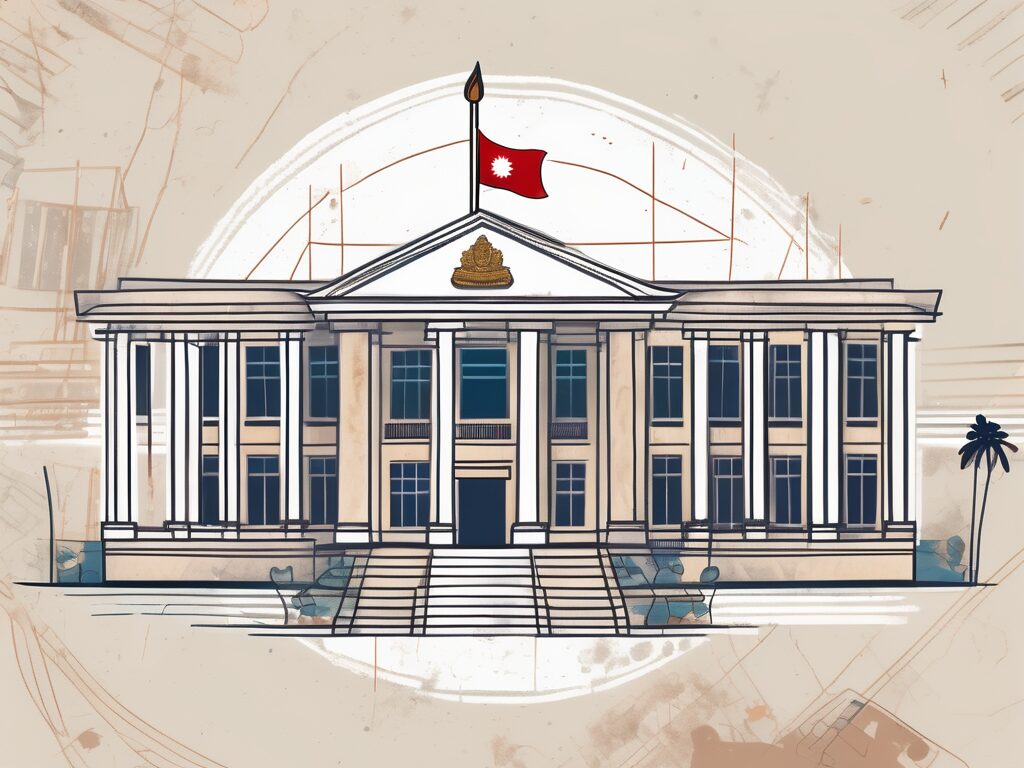2025 Insights: Key Government Policies Transforming Education in Cambodia
Education serves as a cornerstone for societal development, and in Cambodia, this principle is deeply acknowledged by the government. Recognizing the critical role of education, the Cambodian authorities have instituted a range of policies aimed at enhancing the educational landscape. This guide will explore the pivotal government policies that are shaping the future of education in Cambodia.
Historical Context of Education Policies in Cambodia
The evolution of education policies in Cambodia has been marked by significant transformations. Following the Khmer Rouge regime, the government undertook extensive reforms to rebuild the education system. The 1990s were characterized by a strong emphasis on primary education, with initiatives designed to boost enrollment and minimize dropout rates. This foundational work was essential for establishing a robust educational framework.
As the 21st century progressed, the focus shifted towards enhancing the quality of education and broadening access to secondary and tertiary levels. This transition reflects a commitment to not only building a functional education system but also ensuring its relevance and effectiveness in a global context.
The Education Strategic Plan (ESP)
In collaboration with various international organizations, the Cambodian government has developed the Education Strategic Plan (ESP). This comprehensive framework articulates the government’s vision for the education sector and delineates strategies for achieving its objectives.
The ESP serves as a strategic roadmap, emphasizing key areas such as:
- Enhancing the quality of education
- Improving teacher training programs
- Increasing access to education for marginalized groups
Impact of Government Policies on Educational Outcomes
The influence of government policies on education in Cambodia has been profound, shaping various aspects of the educational framework, including curriculum development, teacher training, and infrastructure enhancement.
One of the most significant outcomes of these policies has been the notable increase in enrollment rates. Initiatives aimed at improving accessibility have resulted in a greater number of children attending school, thereby expanding educational opportunities across the nation.
However, challenges persist. Issues such as insufficient funding, a shortage of qualified teachers, and disparities in educational access continue to hinder progress. These obstacles must be addressed to ensure sustainable improvements in the education sector.
Quality of Education: Current Status and Challenges
Government initiatives have also focused on elevating the quality of education in Cambodia. The introduction of updated curricula, enhanced teacher training programs, and improved learning materials are all steps taken to foster a more effective educational environment.
Despite these advancements, the quality of education in Cambodia remains below that of many neighboring countries. Continuous efforts are required to bridge this gap and ensure that Cambodian students receive a high-quality education that meets international standards.
Future Directions for Education in Cambodia
The outlook for education in Cambodia is optimistic, bolstered by the government’s ongoing commitment to reform. However, significant challenges remain that must be addressed to realize the full potential of the education system.
Key areas for improvement include:
- Securing adequate funding for educational initiatives
- Addressing disparities in access to education
- Continuing to enhance the quality of educational offerings
With sustained efforts and strategic policy implementation, there is potential for the Cambodian education system to evolve positively. The commitment to educational excellence is akin to a gardener nurturing a garden; it requires ongoing attention and care to flourish.
In conclusion, government policies are instrumental in shaping the educational landscape in Cambodia. These policies have initiated transformative changes, yet the journey towards educational excellence is ongoing. Continued dedication to reform is essential for ensuring a bright future for education in Cambodia.
Enhance Your Teaching Career with IPGCE
As Cambodia advances its educational framework, the role of qualified educators becomes increasingly vital. For international teachers seeking to elevate their qualifications and explore global teaching opportunities, the International Postgraduate Certificate in Education (IPGCE) offers a pathway to success. This program is designed to enhance professional development, improve career prospects, and connect educators with a worldwide network. By enrolling in IPGCE, educators can overcome qualification barriers while deepening their understanding of global education systems. Take the next step in your educational journey by joining the UK’s leading teacher training course today.

